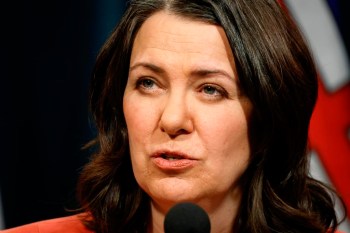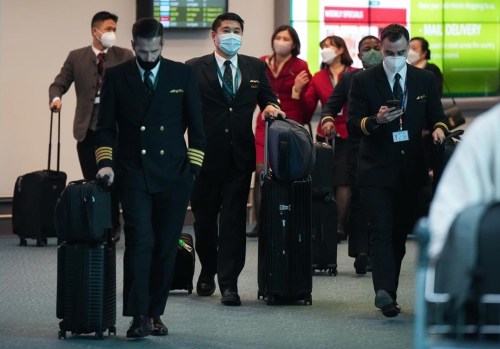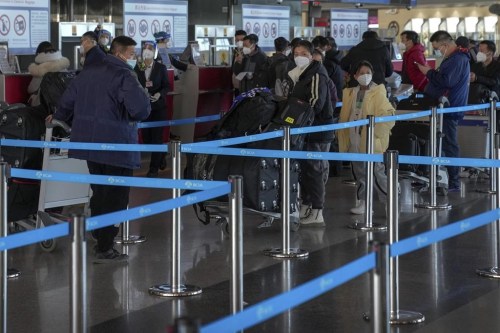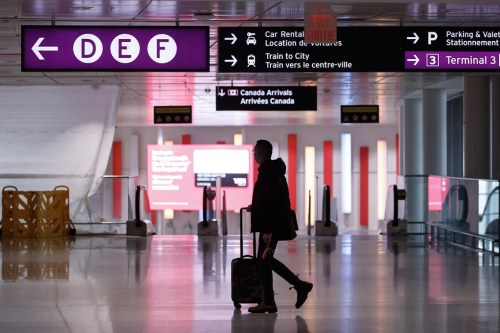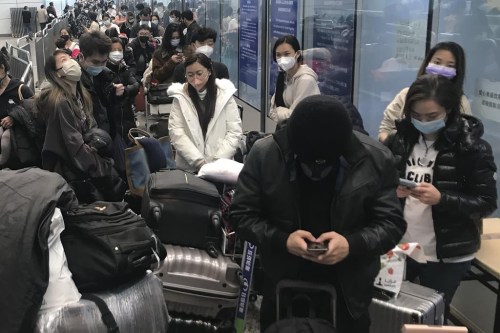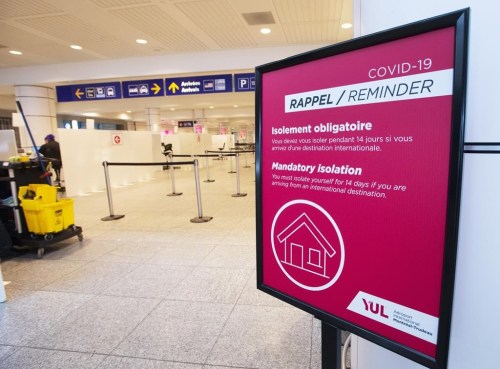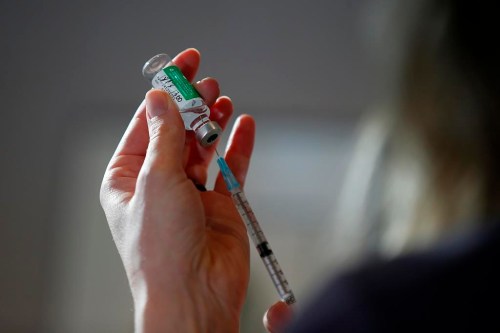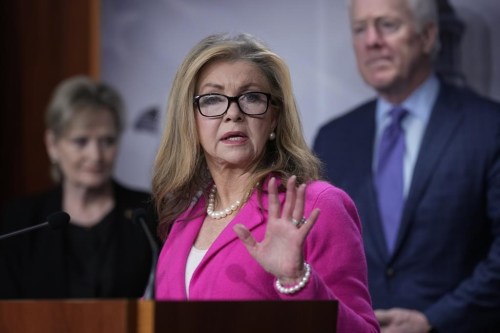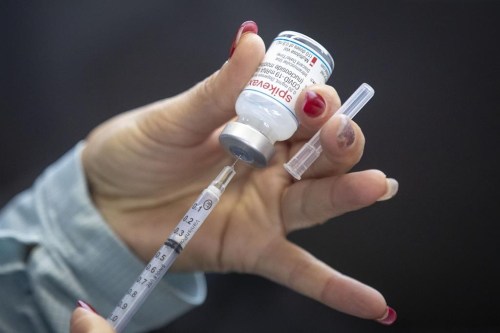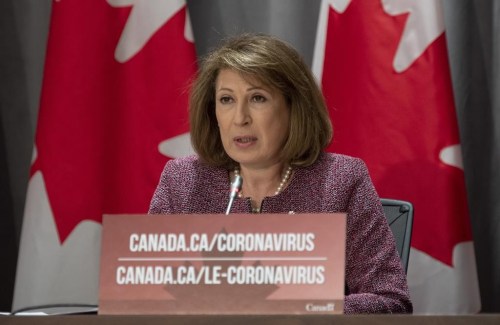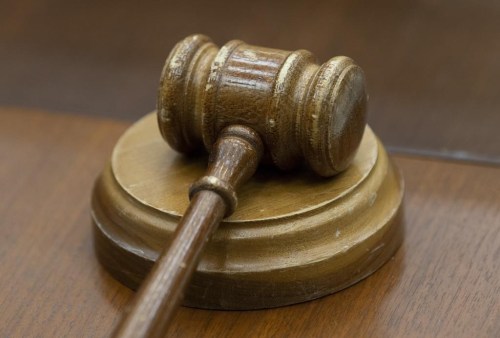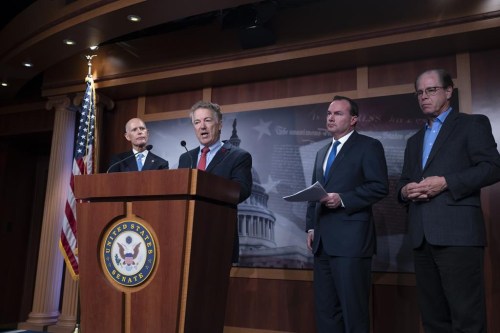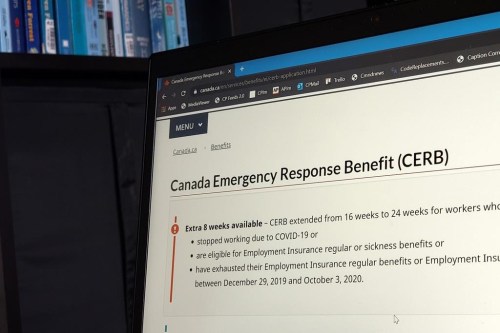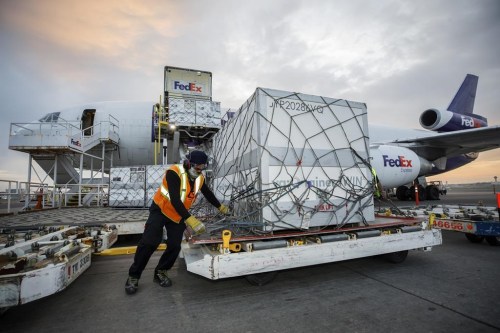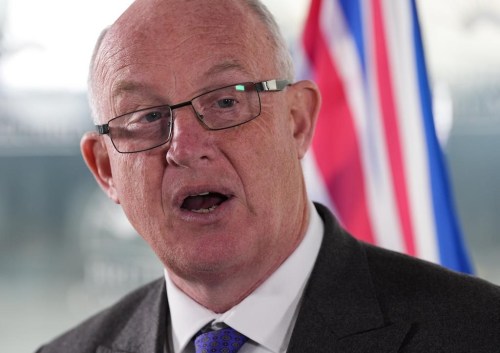Coronavirus
Alberta premier backs off on promise to seek pardons for COVID-19 health violators
4 minute read Thursday, Jan. 12, 2023EDMONTON - Alberta Premier Danielle Smith, less than three months after promising to seek pardons for COVID-19 health violators, says she will now let justice take its course while also announcing she is regularly contacting Crown prosecutors about these cases.
“The way our system of justice works is we do have an independent justice department and independent Crown prosecutors,” Smith told reporters Thursday when asked why she has not followed through on the pardon commitment.
“As we continue to see some of these cases go through — some of them get dropped, some of them fail — (prosecutors) have to consistently recalibrate, but I do want to make sure they have an independent process for assessing that.
“But I ask them on a regular basis, as new cases come out, is it in the public interest to pursue and is there a reasonable likelihood of conviction?”
Advertisement
Weather
Brandon MB
-24°C, Cloudy with wind
Rule requiring negative COVID test before Chinese flights takes effect
2 minute read Preview Thursday, Jan. 5, 2023Experts question Ottawa’s negative COVID-19 test for air travellers from China
6 minute read Preview Sunday, Jan. 1, 2023Ottawa to temporarily require negative COVID-19 test from travellers from China
2 minute read Preview Saturday, Dec. 31, 2022Health agency ‘closely monitoring’ COVID-19 in China, no mention of pre-flight tests
2 minute read Preview Wednesday, Dec. 28, 2022Canadians fined at least $15M for breaking COVID quarantine rules in 2022, data shows
4 minute read Preview Tuesday, Dec. 27, 2022Manitoba Labour Board rejects complaints against unions on COVID rules
3 minute read Preview Tuesday, Dec. 20, 2022Senate passes defense bill rescinding COVID vaccine mandate
5 minute read Preview Thursday, Dec. 15, 2022Six-month COVID-19 vaccine delay would have cost $156B: study
3 minute read Preview Thursday, Dec. 15, 2022Canada’s chief science adviser releases recommendations to combat long-COVID
3 minute read Preview Wednesday, Dec. 14, 2022Churches in Manitoba Court of Appeal to challenge COVID-19 rules
4 minute read Preview Tuesday, Dec. 13, 2022Health Canada approves first bivalent booster for kids ages 5 to 11
4 minute read Preview Friday, Dec. 9, 2022House passes defense bill scrapping COVID vaccine mandate
5 minute read Preview Thursday, Dec. 8, 2022COVID-19 benefits helped economy rebound, but post-payment verification lacking: AG
4 minute read Preview Tuesday, Dec. 6, 2022Most unused COVID-19 vaccines will expire at the end of the year: auditor general
5 minute read Preview Tuesday, Dec. 6, 2022B.C.’s COVID response praised for ‘nimbleness,’ calls to bolster public trust
4 minute read Preview Friday, Dec. 2, 2022LOAD MORE

